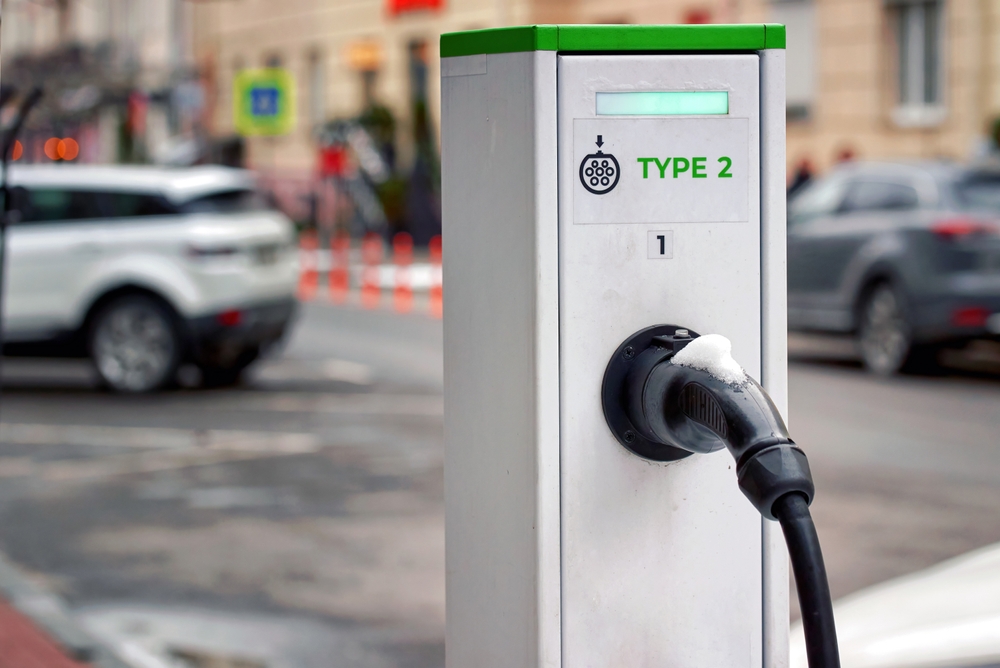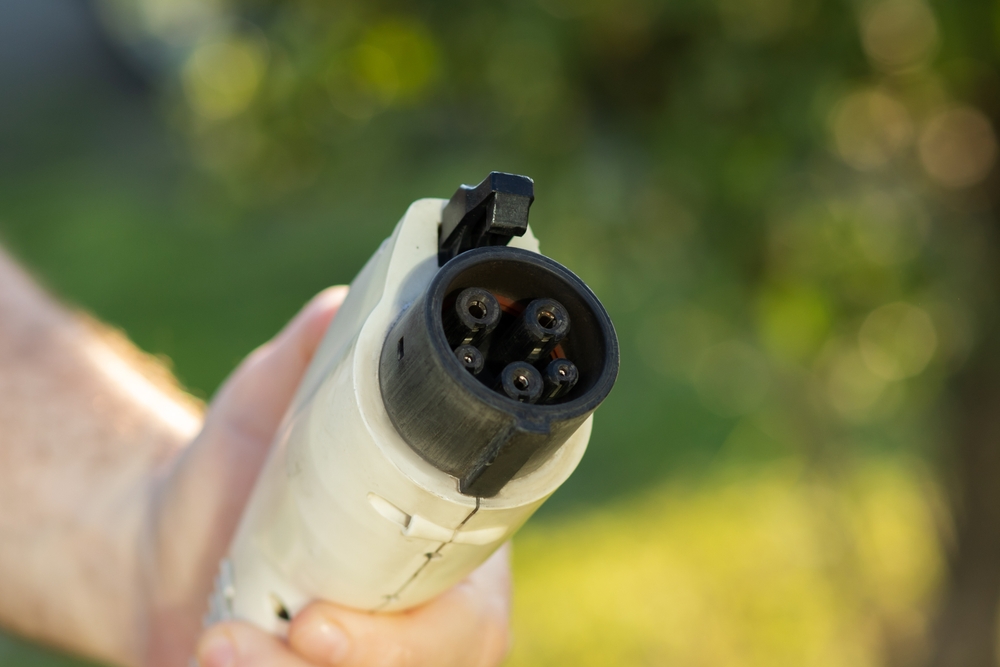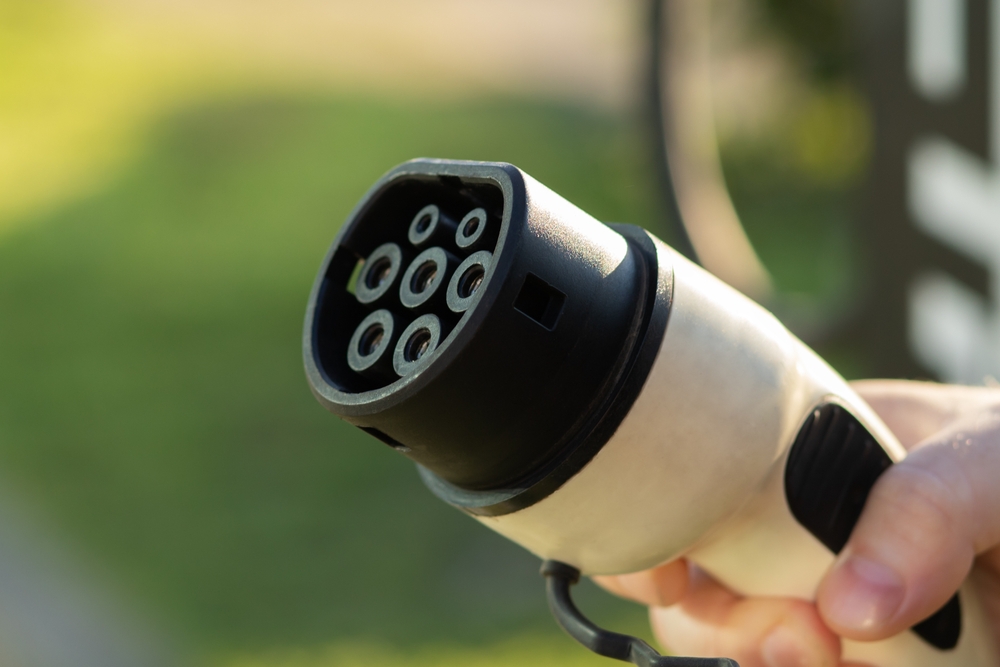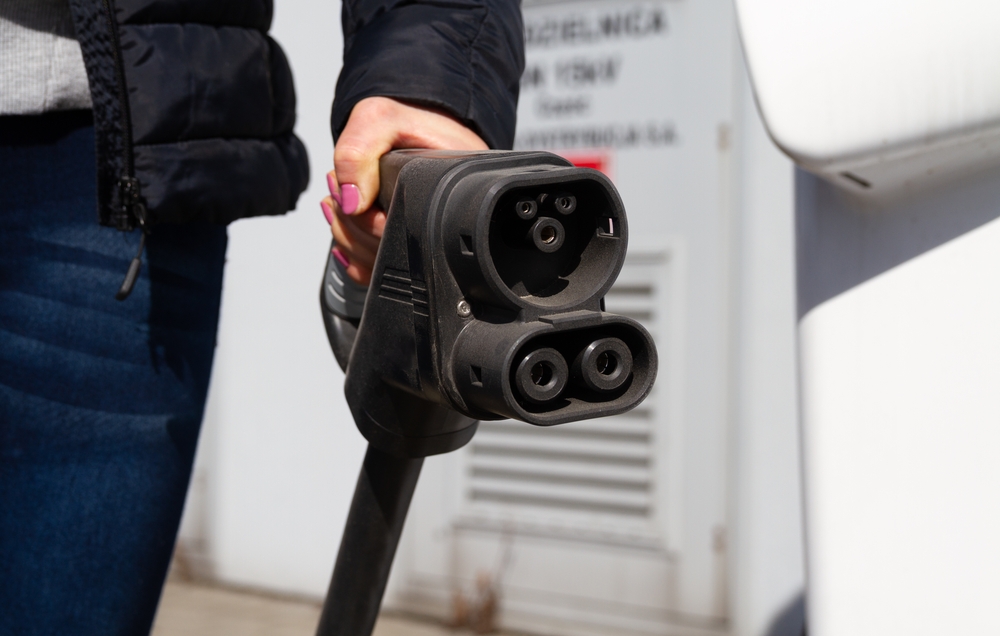
As an electric vehicle (EV) owner, understanding the various EV charger connector types is crucial. Knowing the different connectors helps ensure you can charge your car efficiently, no matter where you are. Different EVs and charging stations use different connectors. This knowledge is vital for both daily use and long journeys.
There are four main types of EV charger connectors you should familiarize yourself with. Each has its unique features and compatibility. Some are widely used globally, while others are specific to certain regions or vehicle types. Being aware of these differences allows you to plan your charging stops, especially during long trips.
Knowing the types of chargers, connectors, sockets, and plugs is not just a convenience; it’s a necessity. It can affect your EV’s charging time, the places you can charge, and your overall driving experience. As an EV owner, this information empowers you to decide where and how to charge your vehicle.
Keep reading to learn more about these four essential EV charger connector types. This knowledge will enhance your EV ownership experience, and ensures you’re always prepared, no matter where your travels take you.
The Basics of EV Charging
AC charging, or Alternating Current charging, is a foundational method for replenishing electric vehicle (EV) power. AC chargers rely on the electric grid’s standard power supply. These chargers convert AC electricity into DC power inside the EV.
The process of AC charging uses a more straightforward setup. This simplicity results in a more cost-effective solution ideal for home charging setups.
DC charging, also known as Direct Current charging, offers a faster charging option. DC chargers bypass the need for onboard conversion. They supply DC electricity directly to the EV’s battery.
This method significantly reduces charging time, which is ideal for quick charge stations. However, the infrastructure for DC charging is more complex, requiring a higher investment than AC charging.
Level 1 charging is the most basic form of EV charging. It uses a standard household electrical outlet on a 120-volt AC supply. This level of charging is the slowest and is suitable for overnight charging. It provides about 2 to 5 miles of range per hour of charging.
Level 2 charging is a step up from Level 1. It operates on a 240-volt AC supply, similar to large home appliances. The charging is faster and provides about 10 to 60 miles of range per hour. It is suitable for home and public charging stations and is more efficient for daily EV use.
Most Common EV Charger Connectors
EV charger connectors are vital in Electric Vehicle Charging Infrastructure Trends. They bridge the gap between the charger and the vehicle. Understanding these connectors is crucial for anyone involved in EV charger installation, including local electricians and those needing electrical outlet repair.
Type 1 Socket (J Plug)
The Type 1 Socket, also known as the J Plug, is a common EV charger connector in North America that primarily uses AC current. The input and output specifications vary, but it often supports Level 1 and Level 2 charging. Level 1 charging can take overnight, while Level 2 significantly reduces this time.

Type 2 Socket
The Type 2 Socket is widespread in Europe. It handles both AC and DC currents. This versatility means it can be used in a range of charging situations. The charging levels vary, with some capable of faster charging times depending on the power output.

CHAdeMO
CHAdeMO is a DC EV charger connector type originating from Japan. It has gained international acceptance and is known for its rapid charging capabilities. The charging level is usually high, facilitating faster charging than AC types.

Combined Charging System (CCS)
The Combined Charging System (CCS) supports both AC and DC currents. This makes it a versatile choice in the EV charger connector market, offering various charging levels. The DC option provides rapid charging, a significant advantage in time-sensitive situations.

Maitz EV Charging Services in Allentown, PA
Maitz Home Services stands at the forefront of EV charger installation in Allentown, PA. We specialize in equipping homes with the necessary infrastructure for EV charger connector types. Our expertise ensures reliable and efficient charging solutions for various electric vehicles.
We offer a broad range of home electrical services besides EV charger installations. These services extend to electrical outlet repair and upgrades. Homeowners benefit from our comprehensive approach to electrical safety and efficiency. With a seamless blend of expertise in EV charging and general electrical services, our commitment to quality and customer satisfaction makes us a go-to choice for all electrical needs. Our role in enhancing the electric vehicle infrastructure is pivotal in the growing trend towards sustainable transportation.
Our team of local electricians is well-versed in the latest Electric Vehicle charging infrastructure trends. This knowledge allows them to provide tailored solutions. Whether it’s a simple installation or a complex electrical system overhaul, Maitz delivers with precision. Schedule an appointment online with us today for any of your home’s electrical needs.

